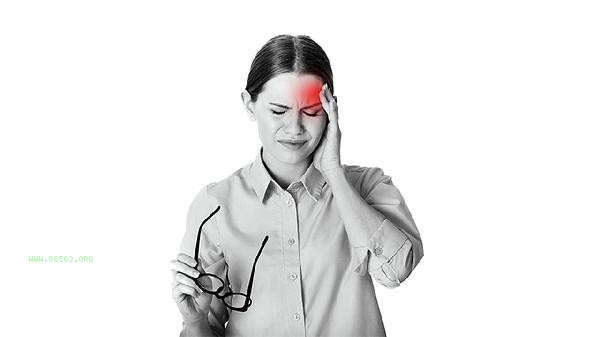Poor stress resistance can easily lead to anxiety, which can be improved by adjusting cognitive patterns, cultivating relaxation habits, establishing social support, moderate exercise training, and psychological intervention when necessary. Anxiety is usually caused by imbalanced stress coping, solidified negative thinking, accumulated physical fatigue, lack of social needs, potential psychological disorders, and other reasons.

1. Adjusting cognitive patterns
Identifying automated negative thinking is a key step in cognitive adjustment. When catastrophic imagination arises, fact checking can replace subjective speculation, such as transforming "if the project fails, I'm done" into "even if there are remedies for mistakes". Recording three positive events every day can reconstruct the brain's screening mechanism for information, and lasting for two weeks can significantly reduce anxiety levels. The mind recording form in cognitive-behavioral therapy can help clarify the deviation between emotions and facts.
2. Cultivate Relaxation Habits
Progressive muscle relaxation training achieves deep relaxation by alternately tightening and relaxing muscle groups, combined with abdominal breathing, which can quickly reduce cortisol levels. Practicing mindfulness meditation for ten minutes a day, focusing on the bodily sensations produced during breathing, can enhance the prefrontal cortex's ability to regulate the amygdala. Establishing a digital withdrawal ritual half an hour before bedtime, replacing mobile browsing with hot baths or light music, can improve sleep disorders caused by anxiety. 3. Establish social support. Deep social interactions should be conducted at least twice a week, and oxytocin produced during face-to-face communication can help alleviate stress reactions. Joining interest clubs or volunteer organizations can provide a sense of belonging and support, and non evaluative listening is particularly important in group activities. Agreeing on an emotional support contract with a trusted partner can activate pre-set soothing language during anxiety attacks, which can reduce the intensity of anxiety attacks through social support buffering effects.
4. Moderate Exercise Training
Regular moderate intensity aerobic exercise, such as brisk walking, swimming, etc., three times a week for more than 30 minutes each time, can promote the secretion of brain-derived neurotrophic factors. The balance postures in yoga combined with breathing techniques can simultaneously improve autonomic nervous system disorders and muscle tension. The calming effect brought by the decrease in core body temperature after exercise can maintain a four to six hour period of emotional stability.

5. Psychological Intervention
When anxiety continues to affect social functioning, professional psychological assessment may be considered. Acceptance commitment therapy in psychological counseling helps establish psychological resilience to coexist with anxiety, while sandplay therapy is suitable for individuals with difficulty expressing themselves emotionally. When diagnosed with anxiety disorder, doctors may recommend taking anti anxiety drugs such as paroxetine and sertraline, and the dosage of these drugs should be strictly adjusted according to medical advice. Improving stress resistance requires the establishment of a systematic stress management system. Daily time can be classified into four quadrants, prioritizing important and non urgent tasks to avoid stress accumulation. Adding magnesium rich foods such as pumpkin seeds and spinach to the diet can help stabilize nervous system function. Maintaining a regular circadian rhythm and insufficient sleep can significantly reduce emotional regulation ability. Recording a stress diary to analyze triggering factors and gradually exposing oneself to controllable sources of stress can enhance psychological tolerance. If the self-regulation effect is limited, it is recommended to seek professional help from the clinical psychology department or mental health center of a tertiary hospital.






Comments (0)
Leave a Comment
No comments yet
Be the first to share your thoughts!